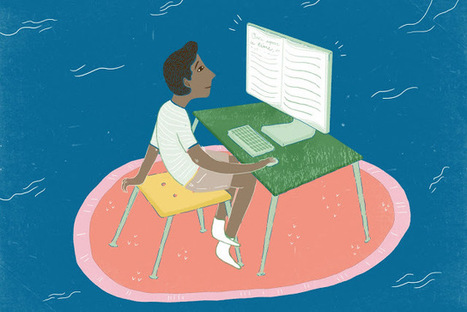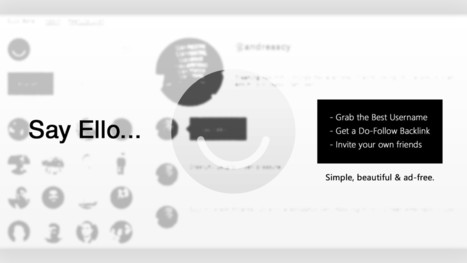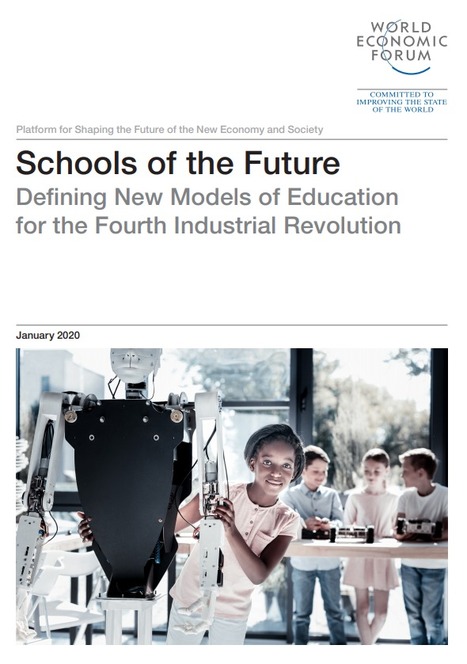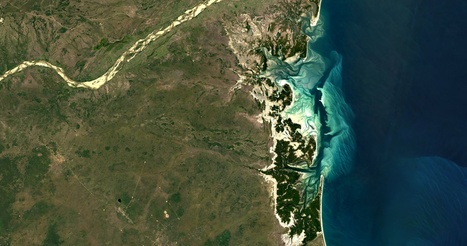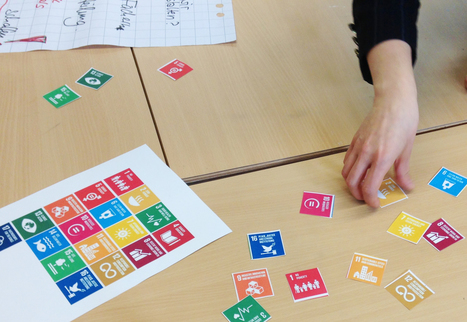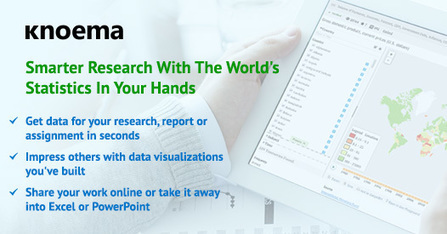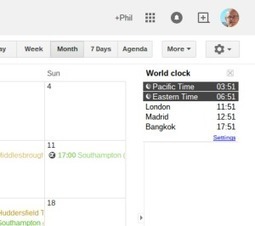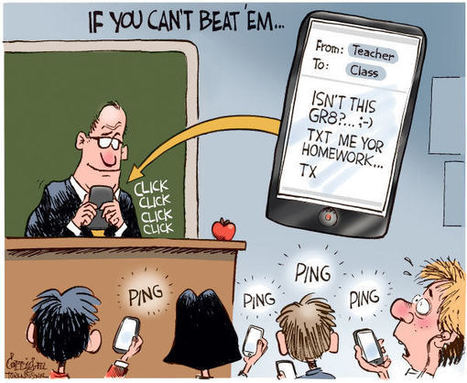Introducing Spin the Globe: a new series that takes you on a cultural trip around the world. On this first stop, our host Matt from the Google Arts & Culture team accompanies you on a journey across Spain, taking in its iconic dishes, its unmissable architectural staples and a bit of fashion and history too!
So get comfortable and enjoy this first virtual journey.
Enjoyed the ride? Get some inspiration on https://g.co/CulturalPitStops and let us know where you'd like to travel next.
#SpintheGlobe
Learn more on https://g.co/artsandculture and download the app Google Arts & Culture
Android: https://goo.gl/CCJ5xu
IOS: https://goo.gl/AvMS0r
Via Tom D'Amico (@TDOttawa)



 Your new post is loading...
Your new post is loading...






